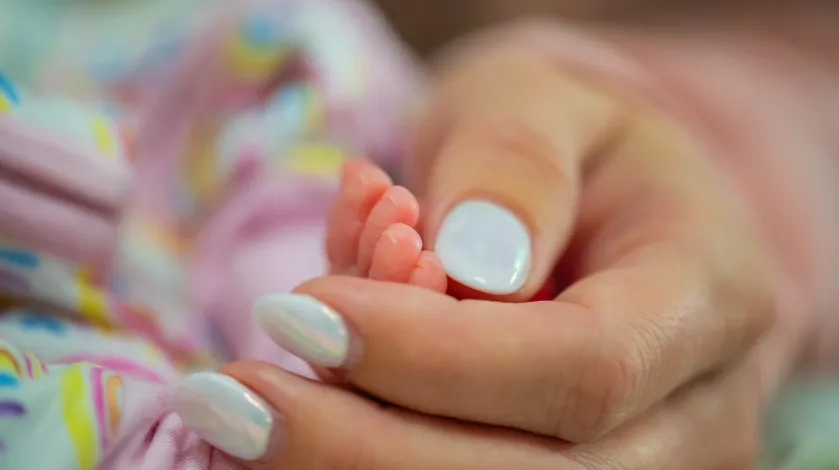Family Integrated Care Program: Making a Difference in the Lives of NICU Babies and Their Caregivers
Media Contact
A first-of-its-kind South Shore Hospital program is featured in this month’s Journal of Perinatology for its groundbreaking research on caring for babies in the Neonatal Intensive Care Unit (NICU).
The study, authored by Zuzanna Kubicka, MD, shows empowering parents of babies in the NICU improves their newborn’s outcome and significantly reduces caregiver stress.
Kubicka and her team will present their research at the 6th annual International Family Integrated Care Conference in September 2023.
“For years, NICU parents would feel like spectators in the care of their little ones,” explained Kubicka, a neonatologist at South Shore Hospital, part of South Shore Health. “This study shows that treating parents as partners and part of the NICU team, coaching by NICU staff with hands-on care with their baby can have remarkable effects on lowering their stress levels and in-turn, help their newborn thrive.”
There is growing evidence regarding parental stress and anxiety following the delivery of a preterm infant, including uncertain outcomes, a sense of helplessness and loss of control, long hospital stays and the inability to care for and interact with their own infant.
Modeled on Canadian NICUs and modified to fit the needs of U.S. parents, South Shore Hospital spearheaded the Family Integrated Care (FICare) program in 2019, which seeks to ease the helplessness and anxiety felt by many parents during their babies’ NICU stay, and enables them to become active participants in their babies’ care.
In the study, participants in FICare reported a significant reduction in the above-stated concerns, as well as improved communication with their child’s care team and increased confidence in caring for their newborn at discharge.
Parents also overwhelmingly reported participation in daily multidisciplinary rounds to be beneficial. Prior research also revealed implementing the program benefits clinical outcomes for NICU babies, including improved rates of breastfeeding, improved growth, and reduced length of stay.
Additionally, nurses in the study reported FICare implementation in the NICU did not increase nurse-related stress, but instead, resulted in an increase in nursing job-satisfaction.
The nurses reported that FICare improved their perceptions of parental readiness and parental confidence to take their baby home, making it easier for nurses to discharge the infants.
“Our study found that a modified FICare model in the NICU setting has utility, with positive effects on both parents and nurses,” added Kubicka. “Future studies should examine the effects of our modified model in more diverse patient populations and in settings that include medical trainees. Additionally, work can be done exploring resource utilization and the potential for cost-effectiveness.”
The FICare program consists of several main components:
- Parent coaching at the bedside: Parents learn “hands-on” skills taught by NICU nursing and multidisciplinary staff, including taking their baby’s temperature, measuring girth, bathing, feeding, administering oral medications, and taking on other important tasks to support their infant’s development and nutritional needs
- The South Shore Health NICU FICare mobile application: Parents can download the application to their smartphones or personal devices to access educational materials compiled by South Shore Health doctors, nurses, nurse practitioners, and other specialists including lactation consultants, feeding specialists, nutritionists, and occupational therapists.
- Parent participation in daily rounds led by NICU multidisciplinary staff: Parents are included in daily rounds (in-person or virtually) to help make plans regarding their baby’s care.
- Parent Support Group: Bi-Weekly support group meetings are held with former NICU parents to share information and experiences.
- The Bead Program: For every milestone achieved by their NICU baby, parents receive a bead to add to a memory bracelet.
“Parents can choose to participate in as many or as little of these components as they choose,” said Dr. Kubicka. “We hope this program will make a real difference for our parents and their babies.”




